Posts
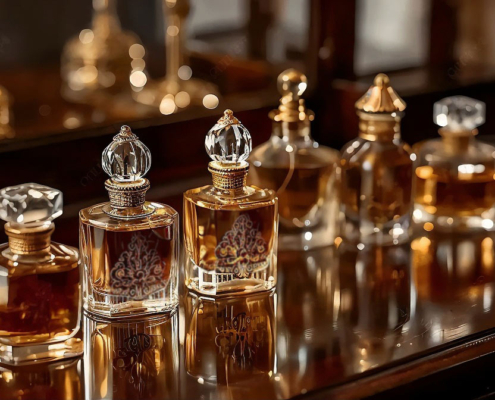
Natural Perfume is not a product: it is a Relationship
A natural perfume is more than just a product. It is a living relationship between the perfumer, the wearer, and the senses, guiding us to slow down, listen, and experience scent as an intimate, evolving dialogue. Explore how time, memory,…
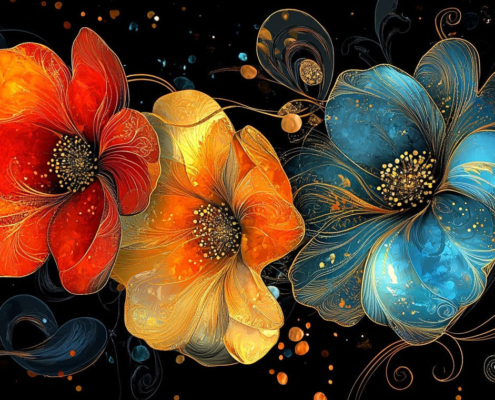
Beyond the Obvious: Unexpected Perfume Ingredients You May Not Know
At La Via del Profumo, we create perfumes only from natural materials, and many of them go far beyond the classic rose, jasmine, or citrus. Some ingredients might sound eccentric at first, but they are part of the rich history of perfumery…
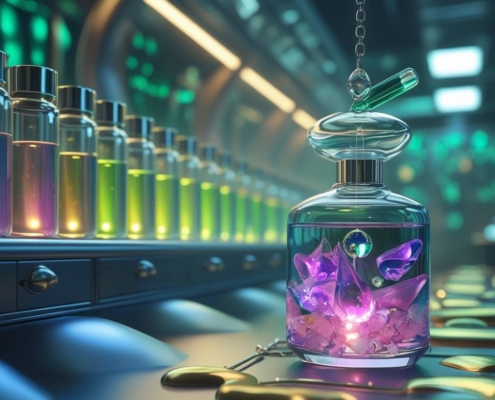
Biodegradability of Synthetic vs. Natural Perfumes: Understanding the Environmental Impact
The Persistence Paradox: The irony lies in the fact that the same molecular stability that makes synthetic fragrances appealing to perfumers—their resistance to oxidation, heat, and chemical breakdown—also makes them resistant to biodegradation.…
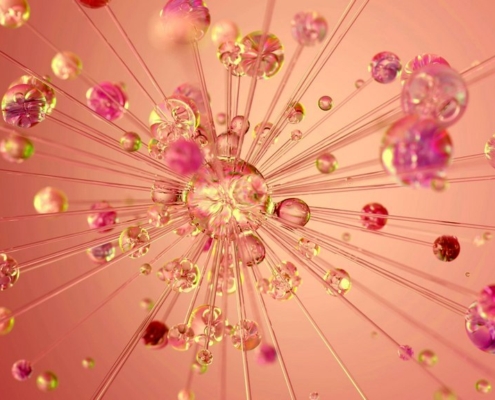
Aldehydes in Perfume: Are They Harming Your Health?
Are the aldehydes in your favorite perfume harming your health? This controversial topic has been the subject of much debate. Aldehydes are a group of organic compounds commonly used in perfumes to add a unique and long-lasting scent. However,…
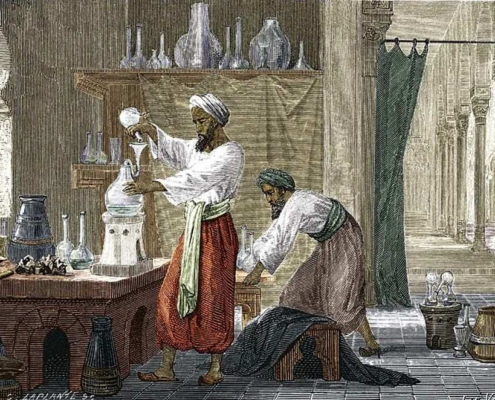
“The Chemistry of Perfume and Distillations” by Al-Kindi
A Guide to the Art of Perfumery
The Life and Legacy of Al-Kindi: A Polymath's Journey
In the vibrant intellectual landscape of the Golden Age of Islam, Al-Kindi emerged as a beacon of knowledge, a polymath whose contributions to various…
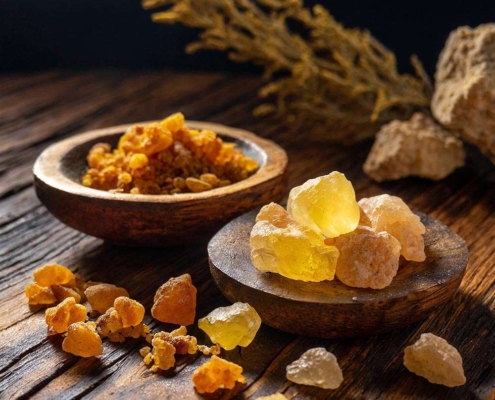
Creating Resinous Perfumes: A Novice Perfumer’s Guide
Resinous perfumes are a category of fragrances composed of various types of resins as a base note upon which the rest of the scents are built. Resins, also known as balms, are thick, sticky, viscous substances exudated from trees. When resins…

Natural Perfumes for Eco-Conscious Consumers
From ancient times to modern tech-savvy civilizations, perfumes have played an essential role in human cultures. In recent years, we have seen a significant transformation in the fragrance market, where a small number of companies are producing…
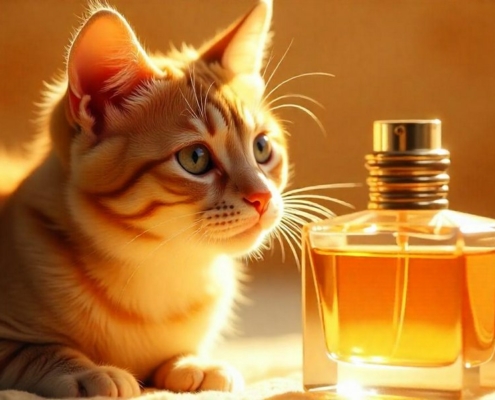
Pet-Safe Perfumes and Essential oils
Fragrances have been an integral part of human civilizations for centuries. Maybe you’re a fan of fragrances, especially natural perfumes and essential oils, due to their remarkable therapeutic and grooming benefits. With increasing awareness…

Is Ambergris still used in Perfumery?
Ambergris, a waxy substance produced in the digestive system of sperm whales, remains a rare and valuable ingredient in the world of high-end perfumery. However, its use has significantly declined due to ethical and environmental concerns.…
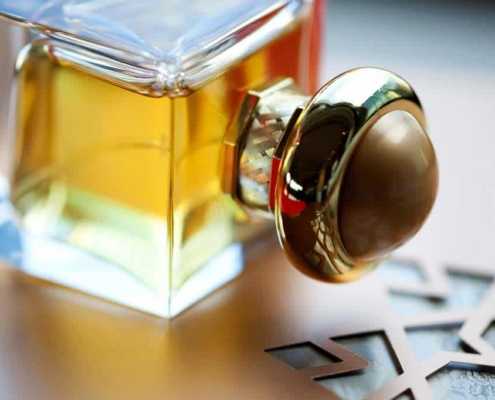
A New Ethical Standard Towards Perfume Consumers
The ECLIP List
Fragrantica interview with AbdesSalaam Attar
by Naheed Shoukat Ali 08/30/11 12:17:00
For most people the only factor that determines their purchase of a perfume is that they like the smell of it. However, more people every year ask…
The ECLIP List
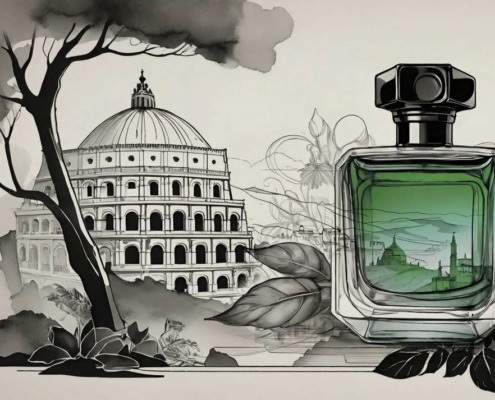
Italian Perfumery History
From personal scents to other cosmetics to home decor and air fresheners, perfumes are found almost everywhere today, in one form or another. The history of perfume has long roots in Italy. While France is known for the highest production…

Perfume and the Sense of Smell
According to the modern aspect of neuroscience, perfume, and the sense of smell seem closely intertwined due to the brain's anatomy. Our sense of smell surpasses our other sensory experiences and stands out extraordinarily. For centuries,…
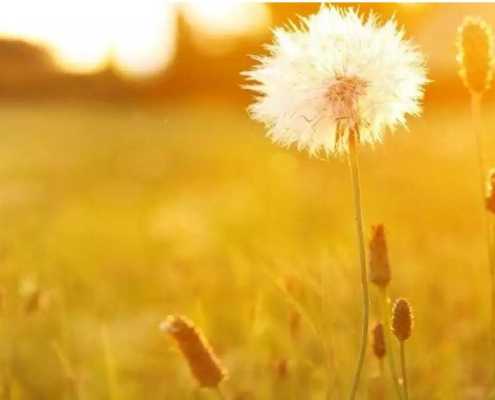
Natural Perfumes for Summer
Traditionally, summer perfumes are soft and lighter citrus notes, light spices, flowery smells, and herbs where in contrast, winter perfumes are strong and heavier with notes like musk, cedar, leather, and heavier spices. Instead of choosing synthetic fragrances from your local department or fragrance store that may have some potential adverse effects on your body and mind, consider choosing our natural perfumes that are citrusy, floral, and absolutely emulate the smells of summer.
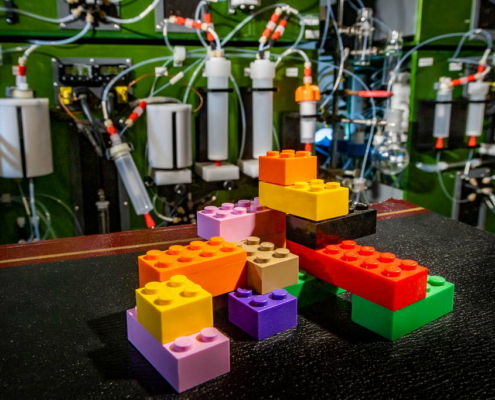
Are There Perfumes Without Chemicals?
Chemicals can be naturally occurring or man-made. We will need to differentiate between man-made synthetic chemicals, that are found to be toxic and harmful, and those yielded from natural origins, that are found to be environment friendly, as well as beneficial for human well-being.
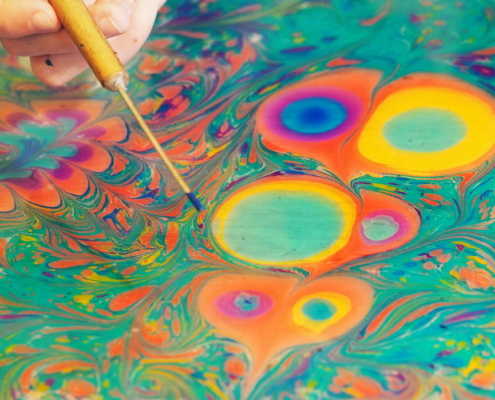
DIY Natural Perfume Kits: Create Your Summer Fresh Scent at Home
Creating your summer fresh scent at home is a rewarding and joyful activity. Not only does it give you a chance to compose perfumes that reflect your very own personality, but it also provides a deeper appraisal of your art of perfumery.…

Natural vs. Synthetic Perfumes: Which is Better for the Environment?
When it comes to personal fragrances, we often focus on scent profiles and how a perfume makes us feel. But have you ever stopped to consider the environmental impact of your signature scent? As sustainability becomes an increasingly important…

The Rarest and Most Precious Perfume Ingredients in the World
Have you ever wondered why some perfumes command such high prices while others are more affordable? While it's easy to assume that expensive fragrances are made with luxurious or high-quality raw materials, the reality is more nuanced. The…
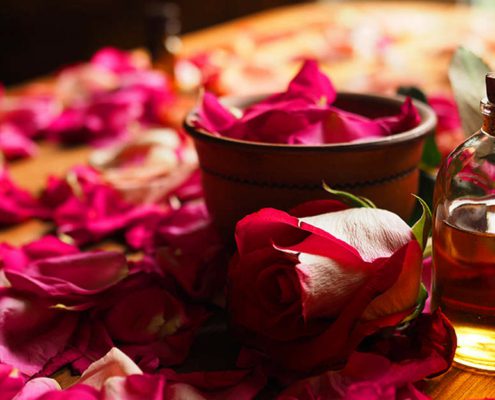
How Rose Essential Oil is Made
Rose essential oil is a luxurious and highly sought-after product, cherished for its enchanting aroma and numerous therapeutic benefits. This article delves into the intricate process of creating rose essential oil, from harvesting the delicate…
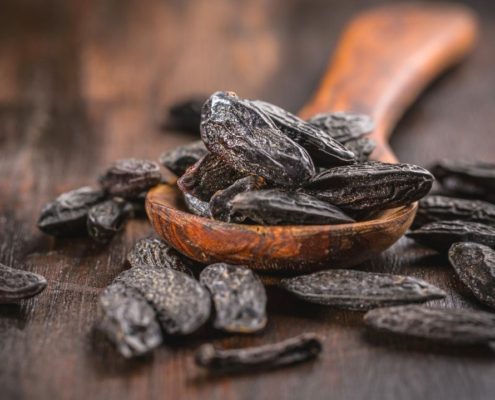
Exploring the Elegance of Tonka Perfume
The Tonka perfume is a captivating and versatile ingredient that has earned its place in the world of perfumery. Its rich, warm, and complex aroma adds depth and sophistication to a wide range of fragrances. Whether you prefer sweet gourmand scents, elegant floral compositions, or bold masculine fragrances, Tonka perfume has something to offer to everyone.

The Dark Side of ‘Clean Perfumes’: another Fragrant Deception
Many clean perfumes are marketed as being composed of natural ingredients. However, the reality is far from what is portrayed! Many clean perfumes still contain a significant amount of synthetic ingredients, albeit in smaller quantities compared to traditional perfumes. These synthetic chemicals are often used together with a small amount of natural fragrances, giving the illusion of naturalness.
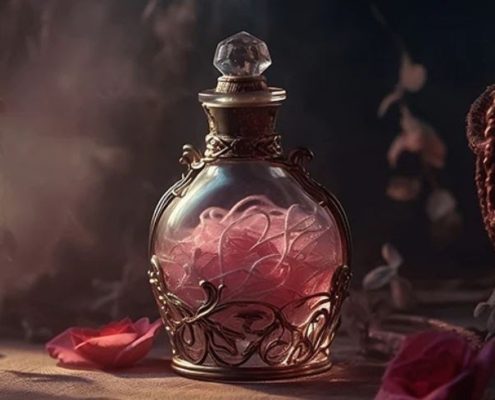
The Aesthetics of the Art of Perfumery
The Art of Perfumery, the art of crafting and wearing scents, is a sensory experience that transcends the boundaries of visual artistry and resonates deeply with our emotions and memories. Just as a painter uses colors and brushstrokes to…

Unveiling the Secrets of Natural Niche Perfumery: A Journey toward Clean Fragrances
The world of natural niche perfumery offers an exquisite array of scents that cater to diverse preferences and moods. The first step in this olfactory adventure is to immerse yourself in the enchanting realm of fragrances, allowing your senses to dance through a myriad of notes and accords.
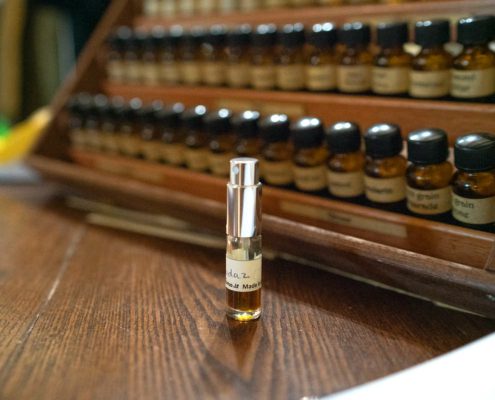
How to Make Your Own Natural Perfume at Home: Embrace the Essence of Nature
The use of good smells as perfumes dates back to the dawn of human civilization. However, the modern perfumes available to us contain mostly synthetic chemicals that can be harmful to both our health and the environment. The best alternative…
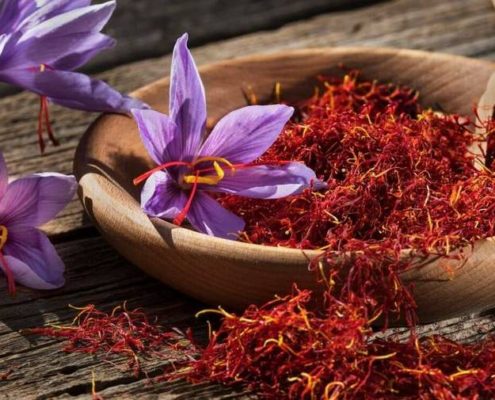
Saffron Perfume – Odor, Properties, Distillation and History
In the world of perfumery, where scents weave tales of beauty, mystique, and memory, few ingredients possess the enigmatic charm of saffron. This cherished spice, hailed for its distinct flavor in culinary arts, also boasts a captivating…

Labdanum Perfume – Smell, Properties and Curiosities
Labdanum is derived from a resinous secretion of a Mediterranean rockrose shrub, Labdanum perfume possesses unique properties that have made it a cherished ingredient for centuries.
Table of Contents
The Allure of Labdanum…
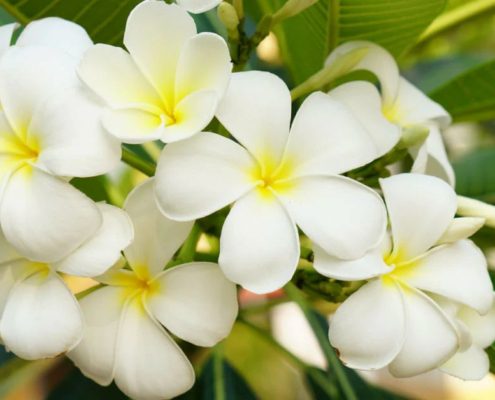
Frangipani Perfume
Frangipani perfumes are best known for their distinguished, sophisticated, creamy, lush, fruity, and rich floral scents. It’s both intoxicating and at the same time soft and sweet. It has an incredible ability to fill the heart with a sweet sensual excitement, making it a perfect scent for awakening the sense of love and romance.
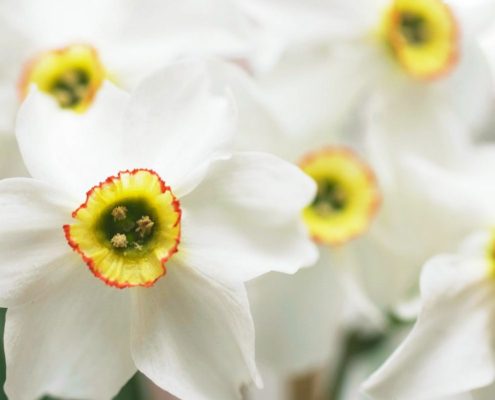
Narcissus Perfume
Although the term narcissus originated from the same Greek word that roots the term narcotic, narke, which means “to be numb”, it’s not the narcotic properties that brought such fame for narcissus perfume, but rather the powerful mesmerizing…

Side Effects of Chemical Perfumes
Perfumes have historically been used for distinctive pleasant smells that make us feel relaxed and rejuvenated. But the side effects of chemical perfumes have become a major concern nowadays since the vast majority of perfumes are made from hazardous chemicals. Therefore, they are found to be associated with various health complications ranging from asthma to skin allergies to even cancer.
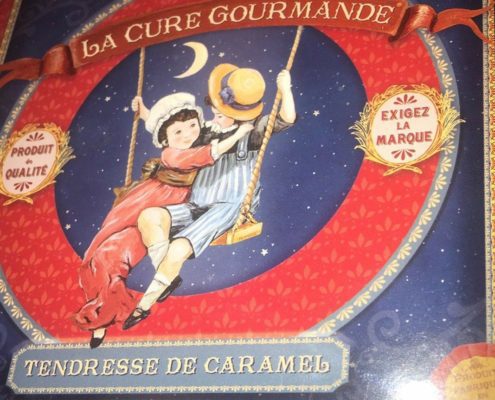
Gourmand Perfumes
Gourmand perfumes are relatively new in the entire fragrance world, they have become the primary choice in the cooler seasons, especially when we want to snuggle up to autumn fragrances during the transition from summer to fall. They are delicious, seductive, as well as warm, and may come in various facets ranging from foodies to spices to florals. Just like a well-equipped kitchen, the composition range is not limited.
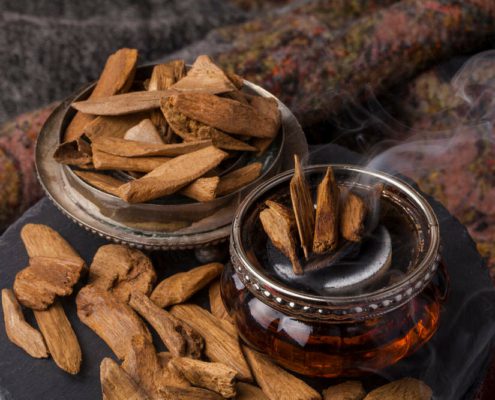
What is so special about Oud?
It’s not the price of oud that makes it so unique and sets it apart in the entire natural perfume industry, but the factors involved in heightening the prices. Do you want to know what is so special about oud? - Please keep reading.
In…

Natural isolates in perfumery
While isolates provide huge opportunities for perfumers to show up their creativity in an extreme extended manner, they might be a concern for perfume users if not created following really natural means.
The term “natural isolates” became…

Leathery Perfumes
In perfumery, there is no leather essential oil or a natural essence of leather. Perfumers compose a leather accord using various materials such as castoreum, birch tar, juniper, oud, labdanum, styrax, tobacco, benzoin, or, unfortunately, other man-made synthetic molecules like aldehydes to impart a leather-like scent to perfumes.
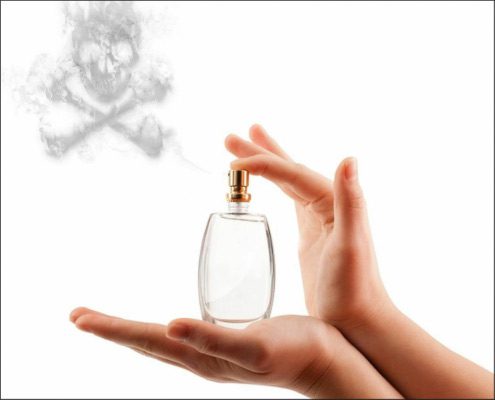
Danger of musk ketone in perfumes
Musk ketone is widely used as a synthetic alternative to natural musks and is extensively found in various consumer products such as perfumes, cosmetics, soaps, lotions, sprays, and detergents. Studies have revealed a number of dangers of…












